Tuum Est!
Fall Graduation 2023
This fall, students graduate from a wide range of Faculty of Medicine programs, celebrate their achievements and look ahead to the next stage of their careers as physical therapists, speech-language pathologists and more.
Meet the Grads
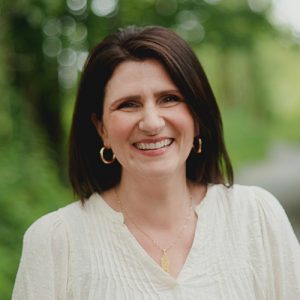
Speech-Language Pathology
Evie Andres
November 10, 2023
Hometown: Chilliwack, BC
Program: Speech-Language Pathology
What attracted you to your field?
I was attracted to speech-language pathology (SLP) because, as an education assistant and a parent, I am passionate about helping children. SLP combines my love for teaching with my fascination for the human body, and working alongside an inspiring SLP reinforced my commitment to this field.
What I find really rewarding about SLP is that it focuses on essential aspects of human connection, such as communication and cognition across the lifespan. There are also opportunities to work in various environments with multidisciplinary teams to support access to different communication methods and therapies to promote inclusion, participation and improved quality of life. I’m excited to keep advancing my career in SLP to make a meaningful impact on those with challenges in these domains.
What is one piece of advice you have for students entering your program?
Focus on building connections. These next two years will be intense, but if you prioritize openness and curiosity while forming relationships with your peers, faculty and clinical educators, you’ll find that the journey is much more manageable, enjoyable and enlightening. Strong connections will not only ease your workload but also infuse your experience with laughter, support and enduring friendships that can help you learn and grow throughout your life. Remember, your peers come from different backgrounds and experiences, so embrace diversity and learn from their unique insights and perspectives.
For me, it translates into a personal commitment to prioritize evidence-based, client/family-centered care. This type of care entails being a mindful clinician, ensuring that my language, education and interactions empower patients to be informed and active participants in their healthcare. It means actively listening to and advocating for what is accessible and meaningful to each individual, respecting their unique values and needs. It’s a commitment to ensure everyone enjoys equitable access and participation in quality healthcare.
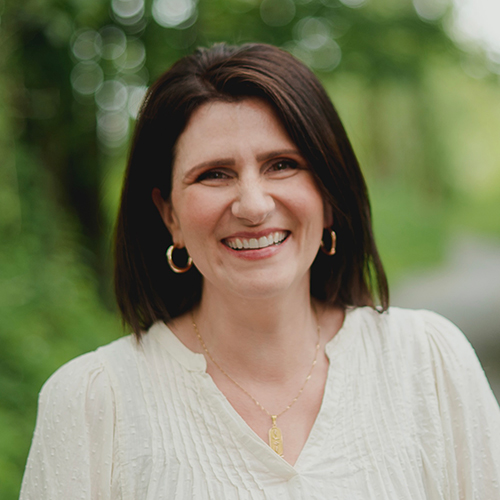
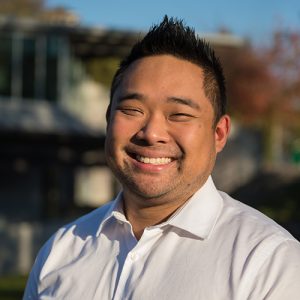
Jeremy Huynh
November 10, 2023
Hometown: Calgary, AB
Program: Master of Public Health
What attracted you to your field?
Before coming to public health, I worked as a dental hygienist, where I found great satisfaction in providing individual care to my patients. However, I aspired to make a broader impact on my community’s health and well-being. Public health offered me the opportunity to influence the health of entire populations. While many dental hygienists engage in public health activities through health promotion and community outreach, I desired to work directly with population-level data and actively participate in designing programs and interventions aimed at enhancing dental and overall health. This field aligns perfectly with my passion for making a significant, far-reaching difference for the well-being of communities.
What is one piece of advice you have for students entering your program?
For new students entering the program, my foremost advice is to prioritize building professional connections and networks. While coursework imparts essential skills and knowledge, the relationships you cultivate are invaluable for personal growth. The public health domain is extensive and navigating it can be challenging. By connecting with fellow passionate individuals, you’ll discover opportunities that align with your aspirations and values. These connections are your compass for finding meaningful work in the diverse landscape of public health.
Tell us briefly about your research in layperson’s terms, and the impact you hope it will have.
During my practicum at the BC Centre for Disease Control, my research focused on analyzing dental antibiotic prescription trends. My analysis aimed to inform and guide antimicrobial stewardship programs and interventions. By understanding these prescription trends, we can take a crucial step towards preserving the effectiveness of antibiotics and enhancing healthcare outcomes for everyone.
It means creating a healthcare system that is resilient and responsive to the diverse needs of our communities. It’s about ensuring health equity by offering care that is inclusive, patient-centered, culturally sensitive and accessible to all. A crucial step in achieving this vision is through the education and training of healthcare providers, enabling them to develop the skills needed to transform the way medicine, dentistry and other allied health professions are practiced. While systemic change can be challenging, starting at the grassroots level is essential to pave the way for a unified and inclusive healthcare system.
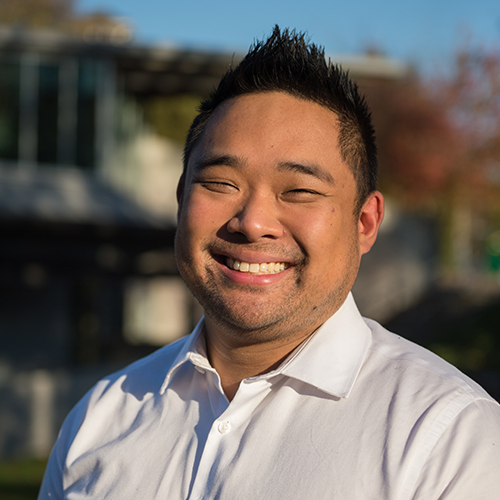
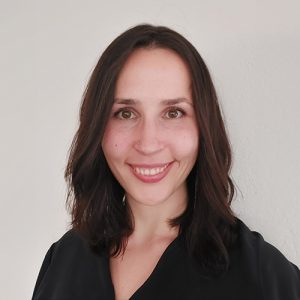
Danielle Pasko
November 10, 2023
Hometown: Squamish, BC
Program: Master of Science in Audiology
What attracted you to your field?
Audiology is a field I’d never even heard of until 2019, just two years before starting the program. I took a job working as an audiology clinic assistant on a whim and I fell in love with it. It’s a fantastic mix of science, creative problem solving and technology all centered around helping people with their hearing. That helping component was a huge factor for me. Communication, in its many forms, is such a huge part of our lives and I feel so grateful that I’m in a field where I get to spend my time helping people have better access to it and to better understand their hearing health.
What is one piece of advice you have for students entering your program?
Get close with your fellow students, learn from each other, and help each other. I was lucky enough to have a wonderful group of people to go through the program with. There are lots of stressful times and late nights but those connections with your cohort and their support make it all manageable. Don’t be afraid to lean on each other and be willing to learn from them with an open mind. Everyone is coming into the program with different backgrounds and experiences so there is a rich collection of different perspectives to learn from.
Every time I go into the clinic and prepare for my appointments or spend time with a patient, I think about what barriers they may be facing and what can I do to reduce or eliminate them. It may be something as simple as being flexible, and fitting someone in when they arrive late to an appointment because their only method of transportation is the bus, and it was delayed. Or being aware of resources and funding options in the community that may be beneficial. Or it could take the form of offering multiple methods of accessible communication in the clinic. As healthcare professionals, we interact with a wide demographic of individuals and it is our responsibility to meet their needs and work with them to provide equitable access to care.
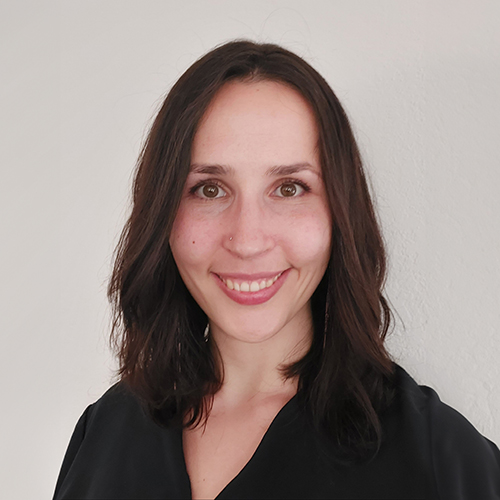
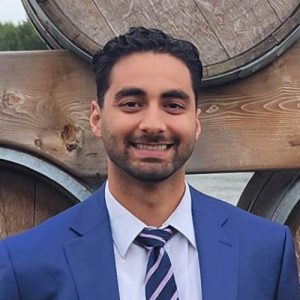
Manav Sandhu
November 10, 2023
Hometown: Prince George, BC
Program: Master of Physical Therapy
What attracted you to your field?
When I was younger, I dislocated my kneecap playing basketball and a physiotherapist helped me tremendously throughout my recovery. The experience also taught me about the importance that movement has on both our physical and mental health. This inspired and motivated me to pursue a career path where I could help others, and help to improve our healthcare system to ensure that all patients have access to the care they need.
What is one piece of advice you have for students entering your program?
Embrace the chaos. The program is challenging and will push your limits, but that is okay. It is important to know that you are not alone and to remember that you deserve to be here, so be confident, take a breath and embrace every experience.
It means changing peoples’ relationships with health. By having healthcare providers work alongside their patients as part of a team, patients can take more ownership and control over their own health. This approach not only helps empower all patients but can also lead to better health outcomes.
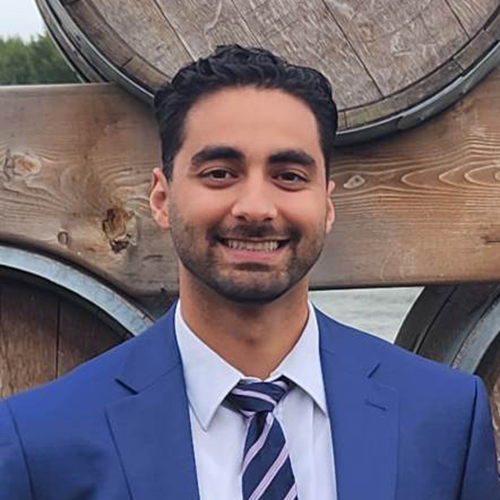
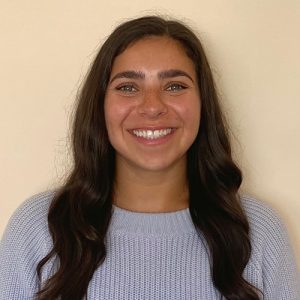
Leeza Pertsev
November 10, 2023
Hometown: Coquitlam, BC
Program: Occupational Therapy
What attracted you to your field?
The moment I heard about occupational therapy in my third year of my undergraduate degree, I knew it was the field for me. I was drawn to how versatile and holistic occupational therapy is, and how occupational therapists have a way of connecting with individuals to figure out how to best support their wants and needs, while facilitating their participation in everyday activities. I realized that occupational therapists are “superheroes,” and I found it riveting that every approach taken is unique to the person, and a “one-size-fits-all” solution simply does not exist in the world of occupational therapy.
What is one piece of advice you have for students entering your program?
Although it is easier said than done, try to focus less on grades and more on learning and growing into the occupational therapist you want to be. Do not be afraid to reach out to your fellow classmates and professors as they are a huge support and understand what you are going through. Remember to breathe and take time to enjoy the program.
It means using a person-centered approach to meet people where they are in life, and to support them throughout their journey with an open and non-judgmental mindset. Regardless of who the person is or where they come from, they are the center of our practice. It means taking a holistic approach and creating an inclusive and equitable experience for everyone. It is also crucial to connect with the people and communities we work with to better understand how to provide culturally-safe care while striving to shape healthcare into a better and safer place for all.
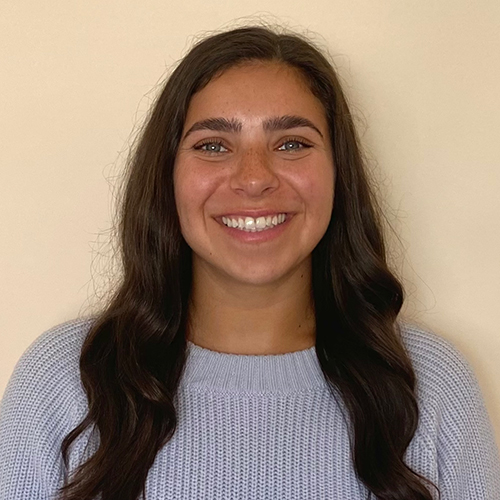
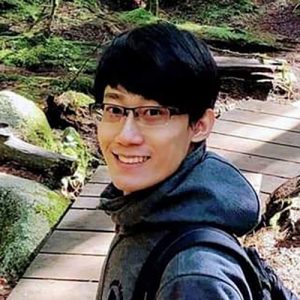
Kevin Ho
November 10, 2023
Hometown: Taichung, Taiwan
Program: PhD in Cell and Developmental Biology
What attracted you to your field?
I was drawn to the field of stem cell biology because of the exciting potential to understand fundamental mechanisms of cell development and contribute new knowledge to the scientific community.
My specific area of focus is blood cell development (known as hematopoiesis) and my program here at UBC provides an excellent environment to pursue impactful research in this emerging field.
What is one piece of advice you have for students entering your program?
Publishing peer-reviewed papers can be challenging, yet rewarding. I advise students entering my field to be very persistent and patient, as generating robust data and writing high-quality manuscripts takes a lot of time and effort. View the process as a valuable learning experience, not just a box to check or criteria to meet to graduate.
Tell us briefly about your research in layperson’s terms, and the impact you hope it will have.
My research investigates how blood stem cells maintain balance as they produce mature blood cells. Using novel imaging techniques, I’ve uncovered that ongoing communication between developing cells synchronizes their behaviors and prevents stem cell depletion. The microenvironment where stem cells reside facilitates this homeostasis through developmental signaling. These fundamental insights into blood cell regulation could inform treatments for disorders like leukemia.
It means treating colleagues with respect, acknowledging people’s hard work, and ensuring my work benefits our society.
In practice, I involve undergraduate students in research to foster their growth and to train myself in supervision and communication skills. For society, my studies on blood cell biology may shed light on mechanisms of disease progression to improve patient outcomes, and I hope my research will create knowledge that serves all Canadians, who play a vital role in funding science research.
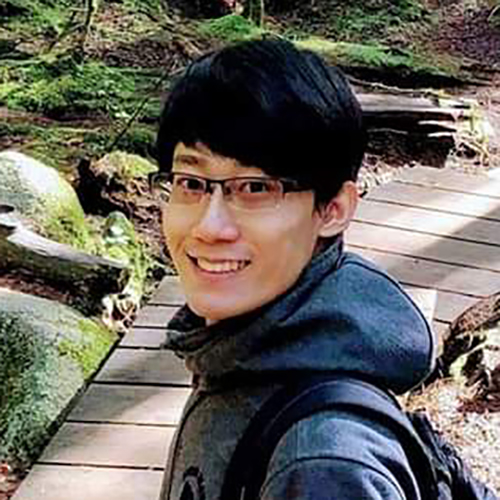
Published: November 20, 2023











